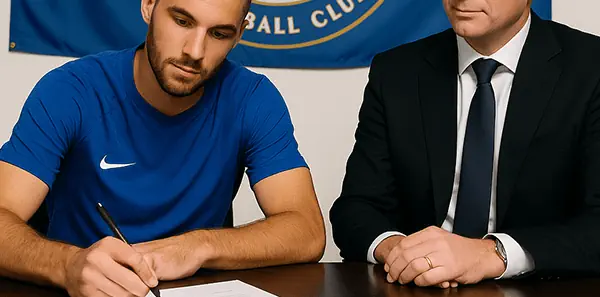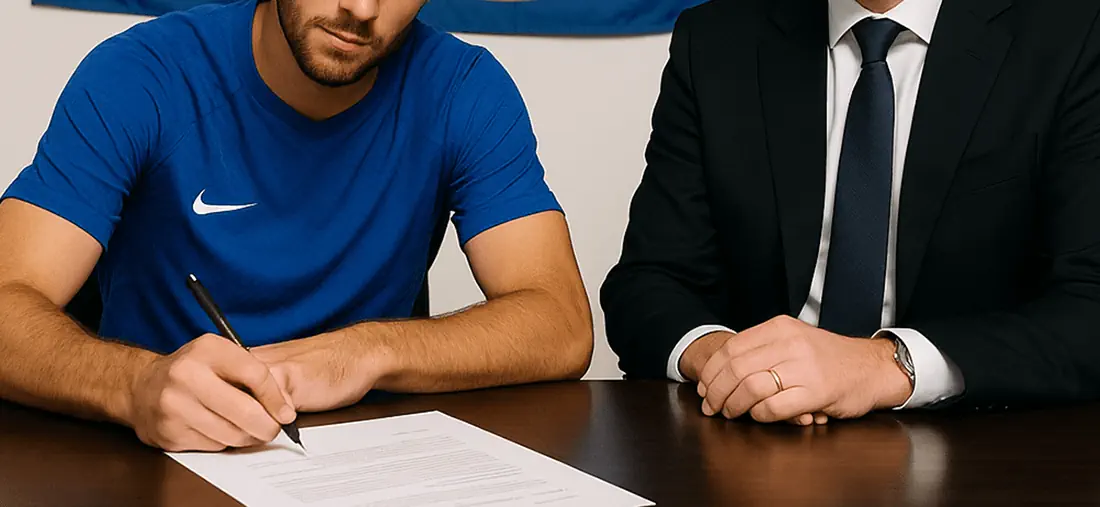Performance cookies
These cookies allow us to count visits and traffic sources in order to calculate and improve the performance of our website. Thanks to these cookies, we can tell which pages are most popular and observe how visitors move around the website. All information collected through cookies is aggregated and therefore anonymous. If you do not accept these cookies, we will not know when you have visited our website.
Functional cookies
These cookies allow us to improve functionality and personalisation with tools such as video or live chat. They may have been set by us or by a third party service provider with embedded services on our pages. If you do not accept these cookies, some or all of the functionality of the site may be affected.
Personalisation cookies
These cookies are cookies that are set by our advertising partners on our website. These companies may use cookies to profile your interests and show you relevant adverts on other websites. Just identify your browser and device. If you do not accept these cookies, you will not find our personalised ads on other websites.



